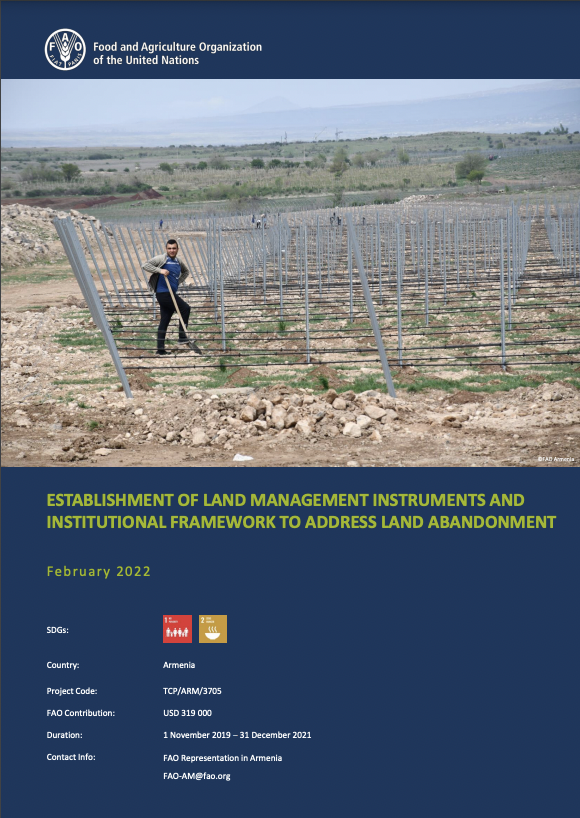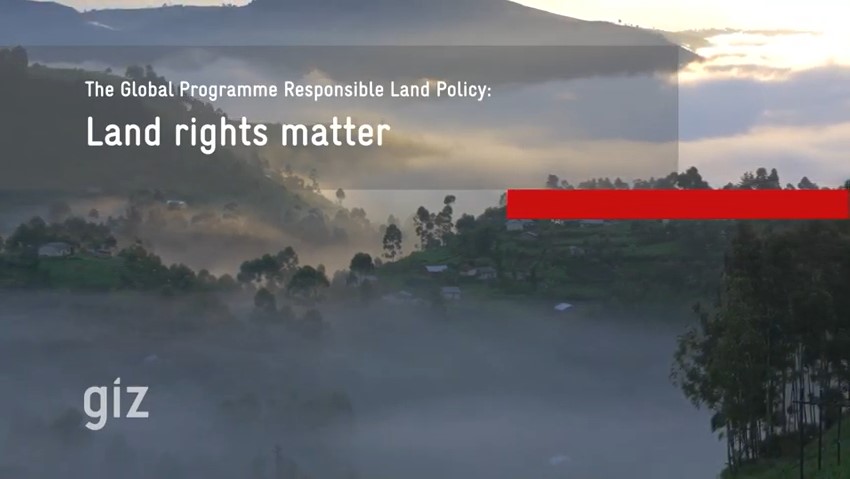Exploring the Contemporary Challenges of Urbanization and the Role of Sustainable Urban Development: A Study of Lagos City, Nigeria
As urbanization accelerates sustainable approaches are necessary to counter the adverse environmental impacts The study investigates the multifaceted challenges of Lagos City due to urbanization and evaluates the effectiveness of sustainable urban development in tackling these problems It employed a mixedmethods approach to provide informed decisions for liveable urban environments Census data satellite imagery interviews surveys and focus group discussions provided a comprehensive understanding of Lagoss urbanization and its effects Findings reveal pressing problems such as housing shortag






